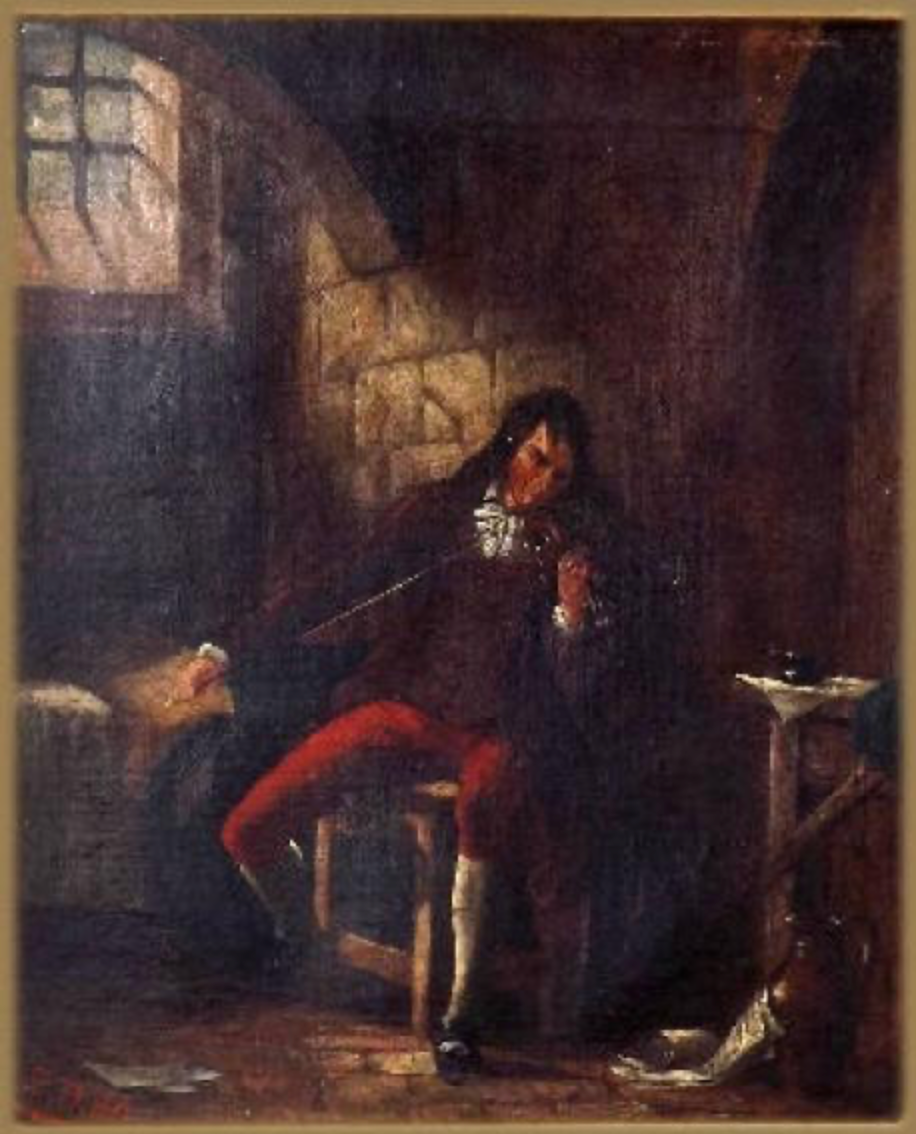Nemesis
- Agatha Bellsy
- Aug 11, 2022
- 4 min read
Nemesis. It could be cause of a criminal's downfall, an arch-enemy, or in Lexico.com's Greek mythology; 'A goddess usually portrayed as the agent of divine punishment for wrongdoing or presumption (hubris)'.

Well, Miss Marple is certainly the latter, and although, the image of Miss Marple knitting whilst wearing a pink fluffy dressing gown appears to contradictory; one must never judge a book by the cover... and Miss Marple assures us, she never does.
'I do sometimes know what people are like,' says Miss Marple. A rather modest statement, but that's her style too. In this story, she is also referred to by Mr Raffiel (whom we met previously in the Caribbean) as an 'old pussy.' Yes, I know. Not very flattering and probably holds quite a different meaning nowadays, but he means it affectionately. At least, in the sense that, she is not just an 'old pussy.' Despite her fluffy appearance, she has a keen sense of evil and he decides she is just the person to find a murderer. Therefore, upon his death, he sends her on a mysterious mission, beginning with a bus tour of gardens and old houses, and ending with a very generous reward.
It's a great story. There are such fun stream-of-consciousness passages from Miss Marple—with character descriptions making associations between eyebrows and chunky bricks; and such things as a 'Clytemnestra look'. At first, I thought it referred to the flower... probably due to its portrayal on the cover, leading me to wonder whether the publisher took it upon themselves to make that interpretation. I mean, it's rather literal. If Agatha meant to describe someone with a flower stuck to their face, I think she might be more direct about it.
In actual fact, however, it comes all the way from Greece. Just like the Ants in the Ant Song. (If you are a beginner violin student, you may perhaps be familiar with that particular gem for teaching the string names).
Now, I'm afraid I don't know my Greek Gods all that well. I remember Orpheus due to his association with Offenbach and the notorious CanCan and of course his fiancé from Wagner's Eurydice. Oh, and those like Thor—made famous in popular culture by Chris Hemsworth and his luscious locks of hair... as well as other assets. Did I mention I met him in a café in real life? He wouldn't remember me of course...
Where was I? Oh yes, Greek Gods and Goddesses. Well, Clytemnestra, was a Spartan princess. As I say that, all I can think about is the musical Aida; and similar to Elton's and Verdi's Aida, there were multiple plots at play. It all began with Clytemnestra's mother. She unknowingly had an affair with Zeus—the God of thunder, as you probably are probably aware. Out of that dalliance, Helen of Troy, and her lesser-known brother Polydeuces (otherwise known as Pollux), were born. Apparently they shared an egg, as did Clytemnestra and her brother Caster—not oil, just Caster.
From there, the story becomes quite complex. There are many variations, but the gist appears to be that Clytemnestra murdered her husband with a double-edged axe, and then attempted to murder her own son when he avenged his father's death. Her husband, may or may not have been tangled in a cloth and murdered by Clytemnestra's lover whilst taking a bath, but the consensus is that Clytemnestra was either a murderer, or an accomplice to murder.
Still, one will never know.
In Agatha Christie's Nemesis, the look resembling Clytemnestra, is not mentioned until much later on. It might have been a bit of a giveaway to those au fait with Greek mythology, which needless to say was not me.
It did lead me, however, to ponder Agatha Christie's intentions behind the Greek references in her novels. There were quite a few over the years, particularly later in stories like The Labour of Hercules and Three Little Pigs, so I wondered whether it was simply a result of her upbringing? I do recall she wore a toga on a number of occasions whilst participating in Eurythmics. If you don't believe me, there is pictorial evidence in her autobiography. (Incidentally, I spent a rather rigorous summer studying Eurythmics in great detail thanks to Jacques Dalcroze, and I must say, it's extremely difficult).
As you may have guessed, there is more behind these references. Certain scholarly articles, suggest that Agatha wished to challenge her readers. By the time she wrote Nemesis, at the age of eighty one, she had already written so many others, and it is thought that the intertextual references were planted to keep the reader guessing. Clever huh? I have to say I quite enjoy doing that too. Although my area is more musical, it's quite fun to work it into the plot... which I must say I am doing right now.
At the end of the day though, Nemesis is not a book about horticulture or Greek mythology; it is a book about love. When compared to hate, love always triumphs. 'You could try to keep it up (hate) artificially,' says Miss Marple, 'but I think you would fail. It's not as strong a force as love.'
So true, and it's amazing to think of the things we would do for love. I mean, just look at Clytemnestra. If she did that for her lover, just think what she might have done for Thor—especially when embodied by Chris Hemsworth!






Comments